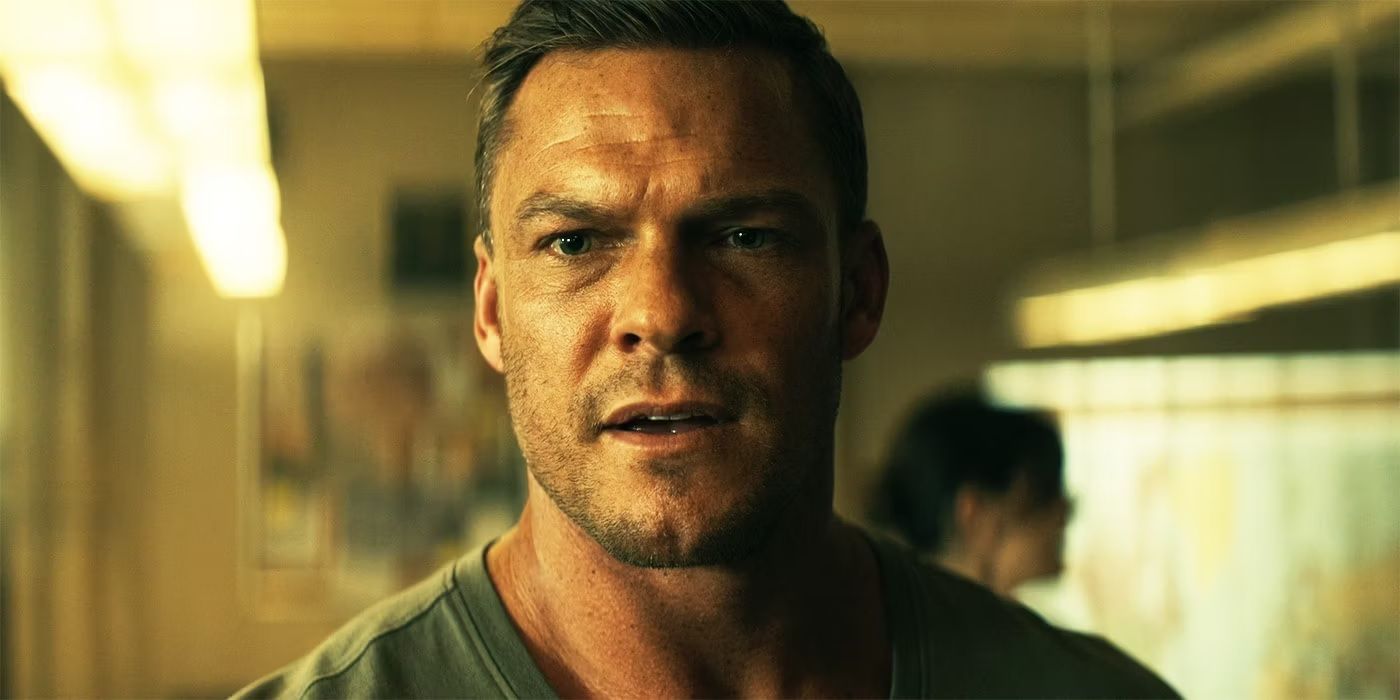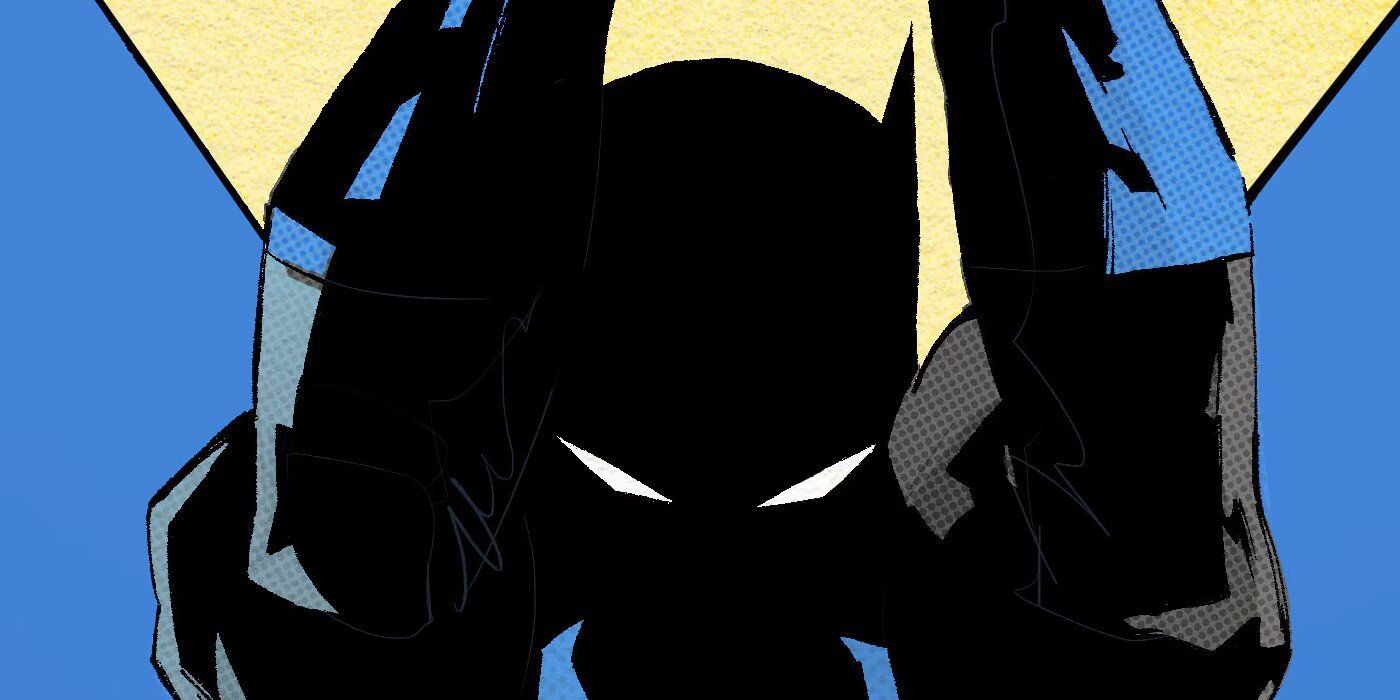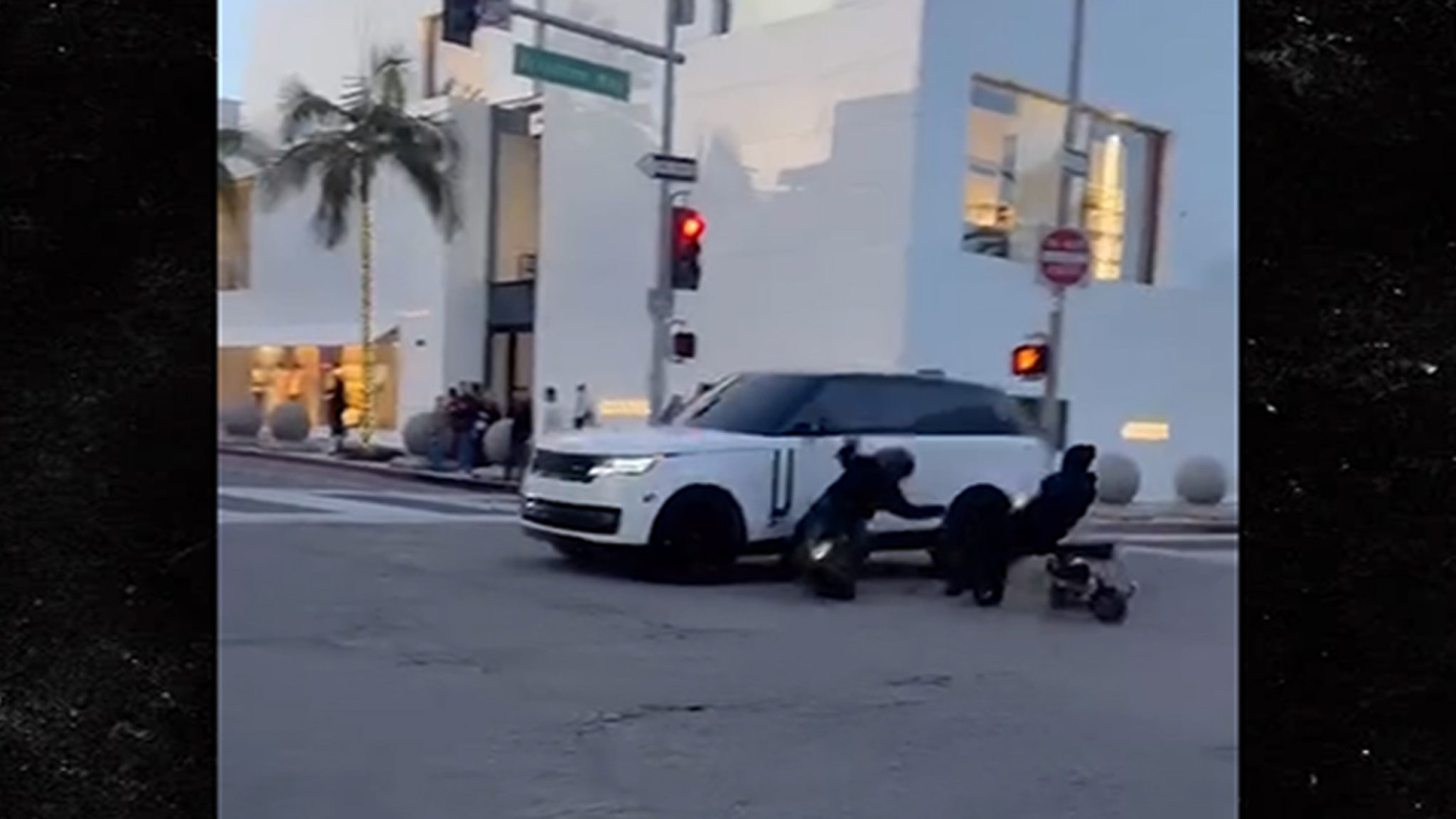Here’s the main reason “Field of Dreams” works: If you believe a movie can have a soul, this is the prime example. It’s hard to recall another entry that provides as many pure chills as this one. There’s James Earl Jones standing in front of the lights of a simple van on that Boston Street, giving a sublime speech to reassure the Costner character (and the audience) that “people will come” indeed. There’s also that fantastic aerial, at night final shot of the seemingly endless line of cars that end up corroborating such a claim (though I’m under the impression most of them are going to have a hard time parking anywhere close to Costner’s farm). My favorite scene though is the one in which we see the face of Ray’s wife Annie, as she casually turns out the lights for her husband with one last act of support that will help him mend completely. Curiously enough, as unforgettable as these scenes became, they represent surprisingly little in by themselves. This must be the reason why when I first saw the trailer (which represents a perfect summary of the plot) just before the movie came out over three decades ago, it made no sense whatsoever. The devastating effect of “Field of Dreams” comes in part from the baggage the audience brings into it, but specially when one compounds all of its riches, including James Horner’s soundtrack, one of the most sublime in memory.
Despite all of these virtues, in my experience I’ve learned that “Field of Dreams” does have an unusual, polarizing, and wildly varied effect on audiences. This brings to mind the sequence where the characters who are overly preoccupied with the financial side of Costner’s baseball field just can’t see the group of dead baseball players right in front of their noses. Through the years, I’ve run into several people who just can’t appreciate the film; I don’t think this has anything to do with how good, smart, or empathetic they are but rather with the moment in life each of them just happens to be living through, how much they are willing to give themselves fully into what on the surface may seem like just another sports movie, and, yes, also because of their origin.
This is one of those movies that simply didn’t catch down here in Mexico at all. When I first saw “Field of Dreams” with my parents in the late ’80s, as much as I loved it, I was incredulous at their simple “what piece of crap did you bring us to see?” reaction when, curiously enough, having been able to see it with them was precisely what made me love it all the more in the first place. The term “Classic American Film” is often used simply because a movie is great and it is made in the US, but “Field of Dreams” more than lives up to such billing. Despite its very universal themes, this is a very American movie, dealing with a game that many around the world may love, but one that only carries true weight where it’s an intrinsic part of growing up.
You can view the original article HERE.




























